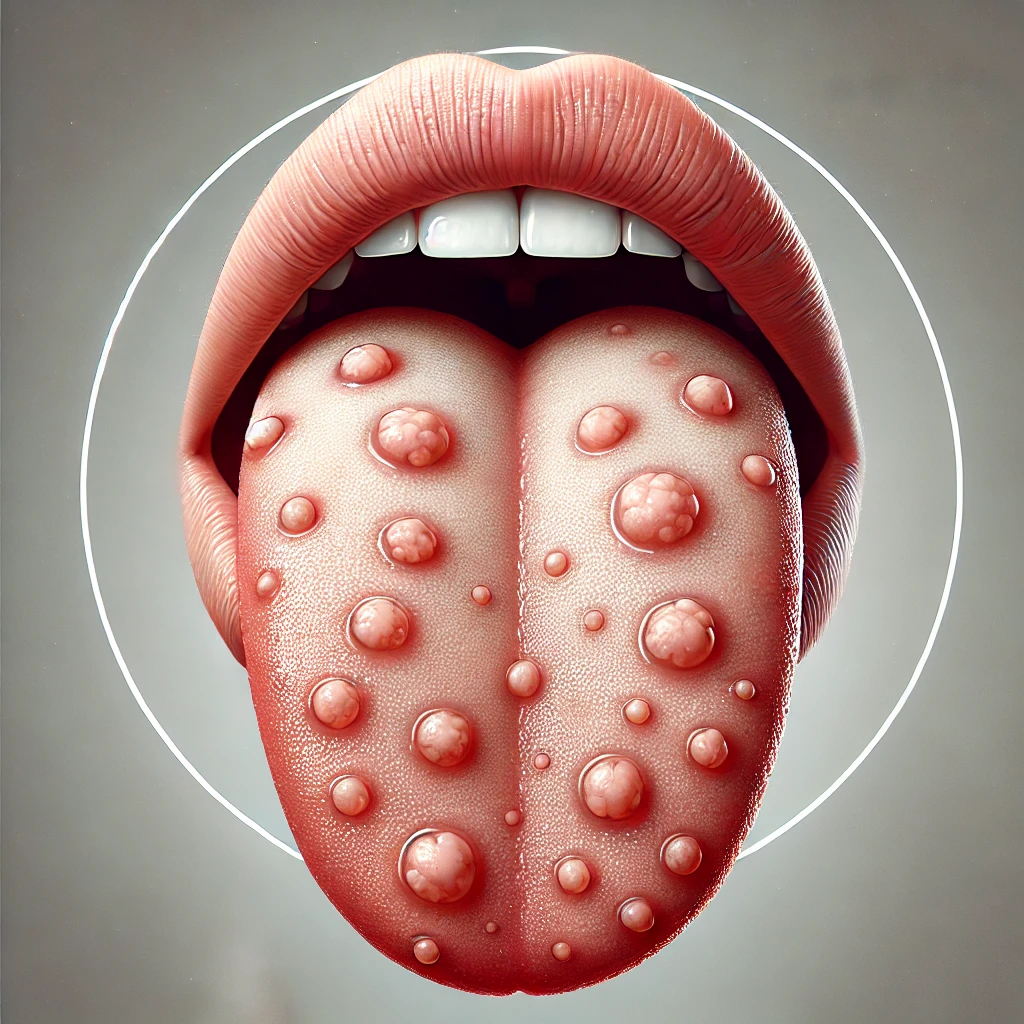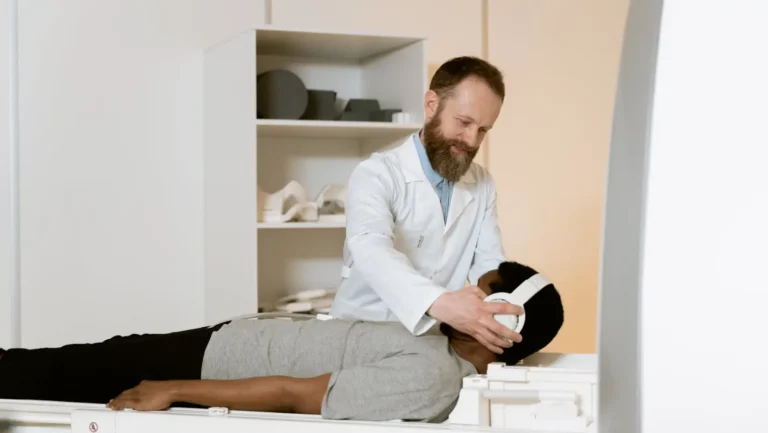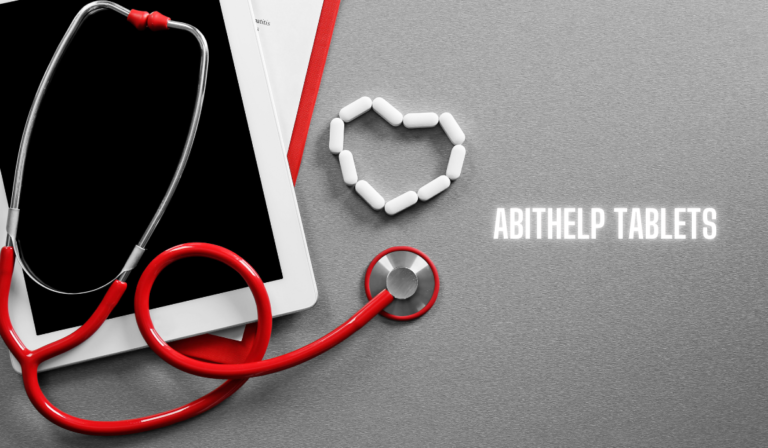Chlamydia Bumps on Tongue: Causes, Symptoms & Treatment

Below is our in-depth guide on “chlamydia bumps on tongue.” In this article, we share our personal experience and insights with you in plain language. We start by explaining what these bumps are, what causes them, how to spot them, and what treatment options may help. We want to give you clear answers right away so you know what to do if you or a loved one faces this issue.
What Are Chlamydia Bumps on Tongue?
When we first heard the term “chlamydia bumps on tongue,” we were surprised. In our experience, this condition is not talked about often. Chlamydia is a common infection that usually affects the reproductive system, but sometimes it can show up in the mouth. The bumps on the tongue may feel sore or strange and can cause worry. We want to clear up the confusion and explain the signs and details in simple words.
In our journey to understand this condition, we found that the bumps can look red or white and can be either small or a bit larger than normal tongue spots. They are not the same as common mouth sores. It is important to know that these bumps could be a sign of an infection that might have moved from one area of the body to another. Our research and personal experiences taught us that early detection is key to managing your health.
We share this information with you because we care about our readers and want you to feel safe when you look at your own health. We have been through times of worry and uncertainty, and we want you to know that you are not alone.
What Causes Chlamydia Bumps on Tongue?
The causes behind chlamydia bumps on the tongue can be confusing. We learned that the bacteria that cause chlamydia sometimes find their way into the mouth. This can happen through oral contact with an infected person. When the bacteria enter the mouth, they can create bumps or sores on the tongue.
In our own experience and from talking with health experts, we discovered that the bacteria may spread from the genitals to the mouth during oral sex. This is one of the ways that chlamydia infections can happen outside the usual areas. We know that the idea of an infection on the tongue can be scary, so we tried to find clear, friendly advice from doctors and trusted sources. They explain that while this is less common than other chlamydia infections, it is important to be aware of all the signs.
Sometimes, the bumps are not painful at first. Other times, they may make it hard to eat or talk. We learned that paying attention to small changes in your mouth is very important. In our research, we saw that many people do not notice these bumps until they grow larger or start hurting. This is why we advise you to check your mouth regularly if you think you might be at risk.
How Do We Recognize and Diagnose Chlamydia Bumps on Tongue?
We understand that noticing changes in your mouth can be worrying. Our experience taught us that early diagnosis is very important for any infection, including chlamydia bumps on the tongue. In our view, the first step is to watch for signs such as unusual bumps, redness, or soreness on your tongue.
Many of our readers have shared that the bumps sometimes come with pain when swallowing or changes in taste. We learned that these signs can be confusing because they are also common in other mouth problems like canker sores or viral infections. However, if you see these signs, it is important to seek help. We recommend talking with a doctor or dentist who has experience with sexually transmitted infections (STIs) that affect the mouth.
Doctors can use tests such as swabs or urine tests to check for chlamydia. They might also look at other parts of your mouth to see if there are signs of infection. In our experience, getting tested early not only helps to treat the condition quickly but also eases the worry that comes from uncertainty. We feel that knowing the cause of the problem is the first step toward recovery.
We encourage you to trust your body. If something does not feel right, make an appointment with a health professional. We have been there too, and the relief that comes with knowing the truth is very helpful.
Treatment Options for Chlamydia Bumps on Tongue
Once you have a diagnosis, it is time to learn about treatment options. We discovered that doctors often use antibiotics to treat chlamydia infections, including those that affect the mouth. Our own experience, along with advice from trusted health sources, shows that following the prescribed treatment plan is very important.
Taking antibiotics as directed by your doctor helps to clear the infection and can make the bumps on the tongue go away. We learned that the treatment usually lasts about one to two weeks. It is very important to finish all your medication, even if you feel better before the course is complete. In our case, this helped ensure that the infection did not return.
Sometimes, the bumps might take a little longer to heal completely. We also learned that if you feel pain or discomfort while eating or talking, you should let your doctor know. They might recommend mouth rinses or other supportive care to make you feel more comfortable. Our journey taught us that treatment is not only about fighting the bacteria but also about making sure you feel supported during your recovery.
While treatment is usually effective, we have also seen cases where a follow-up visit to the doctor is needed. This helps to confirm that the infection is gone and that the bumps have healed properly. We believe that keeping a close watch on your health and having open communication with your healthcare provider is the best way to manage this condition.
Personal Experiences and Insights
We have spoken to many people who have gone through the worry of having strange bumps on their tongue. Our community has shared stories of confusion and fear, but also of hope and recovery. Hearing these stories helped us understand that while chlamydia bumps on the tongue can be alarming, they are also treatable.
In our own experience, we found that the key was to listen to our body. When we noticed changes in our mouth, we did not wait. We scheduled an appointment with our doctor and took the recommended tests. This proactive approach made a big difference in our recovery. We learned that quick action not only helped clear the infection faster but also reduced stress.
Talking with others who had similar issues made us feel less alone. We learned that many people are not aware that chlamydia can show up on the tongue until it becomes a problem. This is why we want to share our story. We hope that by telling you our experience, you will be better prepared to take care of your health if you ever face similar issues.
We also learned that honest communication with health professionals is very important. When we talked openly about our symptoms, our doctor was able to give us clear advice. We encourage you to do the same. Your health is very important, and sharing your concerns helps to get the right care.
How to Prevent Oral Chlamydia Infections
One of the best things we learned is that prevention can make a huge difference. In our journey, we discovered that taking steps to protect yourself can help prevent chlamydia bumps on the tongue. This includes using protection during oral sex and maintaining good oral hygiene.
We have always believed that prevention starts with awareness. Knowing the risks and understanding how chlamydia can be passed on helps us to take proper steps. We have found that using condoms or dental dams can lower the chance of infection. We also learned that regular testing is a smart way to keep yourself healthy, especially if you have more than one partner.
In our personal experience, a healthy lifestyle goes a long way. Eating well, staying active, and taking care of your body boosts your immune system. This extra strength helps your body fight off infections. We have also found that regular dental check-ups can catch problems early. A good dentist will notice any unusual changes in your mouth and advise you on the next steps.
Even when you feel healthy, we recommend that you keep up with regular health checks. These small steps can prevent larger problems down the road. Our experience tells us that prevention is always easier than treatment. By taking care of yourself now, you can avoid the worry and stress of having to deal with an infection later.
Living With and Managing the Condition
Sometimes, even after treatment, you might still feel worried about your health. We know that living with any kind of infection can cause stress and concern. Our journey has taught us that managing your condition goes beyond just taking medicine. It involves a lifestyle change and mental support.
We found that talking about our concerns with friends and family made a big difference. Sharing our experiences helped us feel understood and supported. It also helped us to see that many people go through the same worries. We believe that speaking openly about your condition can help you manage the stress that comes with it.
In our experience, regular follow-up visits to the doctor helped us feel secure. These visits are not just for checking if the infection is gone; they also give you a chance to talk about any worries you might have. Your doctor can offer advice on how to take care of your mouth and body after treatment. This support can make a huge difference in how you feel day to day.
Managing a condition like this also means taking time for yourself. We learned that stress can make healing slower. Making time for relaxation, exercise, or even hobbies can help you feel better overall. We always remind ourselves that healing is not only physical but also mental. It is important to be kind to yourself and give your body the time it needs to recover.
FAQs
What are chlamydia bumps on tongue?
They are small bumps or sores that may appear on the tongue due to a chlamydia infection that has spread to the mouth.
How do I know if I have this condition?
You may notice red or white bumps, pain when swallowing, or changes in taste. It is best to see a doctor for tests.
What causes these bumps?
The bumps usually appear when the bacteria from chlamydia is passed through oral contact, often during oral sex.
How is it treated?
Doctors typically use antibiotics to clear the infection, and following the treatment plan is very important for recovery.
Can I prevent oral chlamydia?
Yes, using protection during oral sex and keeping up with regular health checks can help lower the risk.
Conclusion
In closing, our experience and research show that understanding “chlamydia bumps on tongue” is the first step toward taking care of your health. We have learned that early detection, proper treatment, and prevention are very important in managing this condition. By sharing our journey, we hope you feel better informed and more confident in dealing with any changes you may notice in your mouth.
Our advice is to always trust your body and speak with a healthcare professional if you see something unusual. We believe that clear, friendly information can help everyone make better decisions about their health. Remember, you are not alone, and taking early action can lead to a quick recovery.
We invite you to explore more topics on our website and share your own experiences. Your feedback is important to us. We are here to help, and we care about your well-being. Please feel free to contact us if you have any questions or need more advice. Take care of your health and remember that every step you take toward learning more is a step toward a better, healthier life.
Feel free to share this article with friends or family who might need it. We hope that our simple and friendly approach makes a difference in your life. Thank you for reading, and we encourage you to stay informed and proactive about your health.






